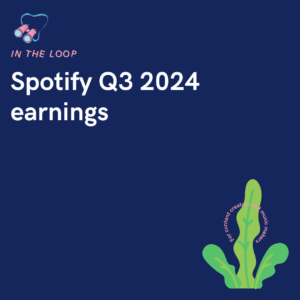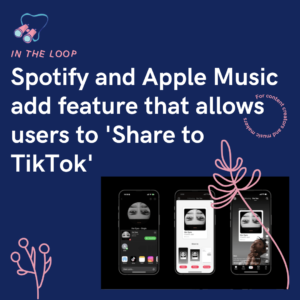Music blogs and review sites can be powerful tools for promoting your music. They offer exposure to new audiences and help build credibility within the music industry. Allowing growth in many ways.
Research relevant blogs
Find blogs that align with your music genre. Look for bloggers who cover similar artists and styles to increase your chances of being featured. If they only discuss pop, and you offer country music, you might be disappointed, so do your research.
Craft a compelling pitch
Write a personalised email to each blog. Include a brief introduction, a description of your music, and why you think it would be a good fit for their audience. Attach a press kit with your music, bio, and high-quality images.
Build relationships
Engage with bloggers on social media and comment on their posts. Building a relationship can increase the likelihood of them featuring your music. Networking is so important. If you help them out, they’re more likely to help you too.
Offer exclusive content
Provide exclusive content like premieres, interviews, or behind-the-scenes videos. This can make your pitch more attractive to bloggers. If you can give them something they can’t find elsewhere, they might want to strike a deal.
Remember to check in again
Follow up
If you don’t get a response, send a polite follow-up email after a week. Persistence can pay off, but don’t be too pushy. They may have missed your email, it could have reached their spam. It’s ok to try and contact them again, the worst they can say is no.
Share and promote reviews
Once your music is featured, share the review on your social media channels and website. This can drive traffic to the blog and show your appreciation. Don’t ignore someone going out of their way to support your work.
Monitor feedback
Pay attention to the feedback from reviews. Constructive criticism can help you improve your music and presentation. It might not be to everyone’s taste, and that’s ok. Take reviews on board and try something new next time.
Using music blogs and review sites effectively requires research, relationship-building, and strategic pitching. By leveraging these platforms, you can increase your visibility and credibility in the music industry.







